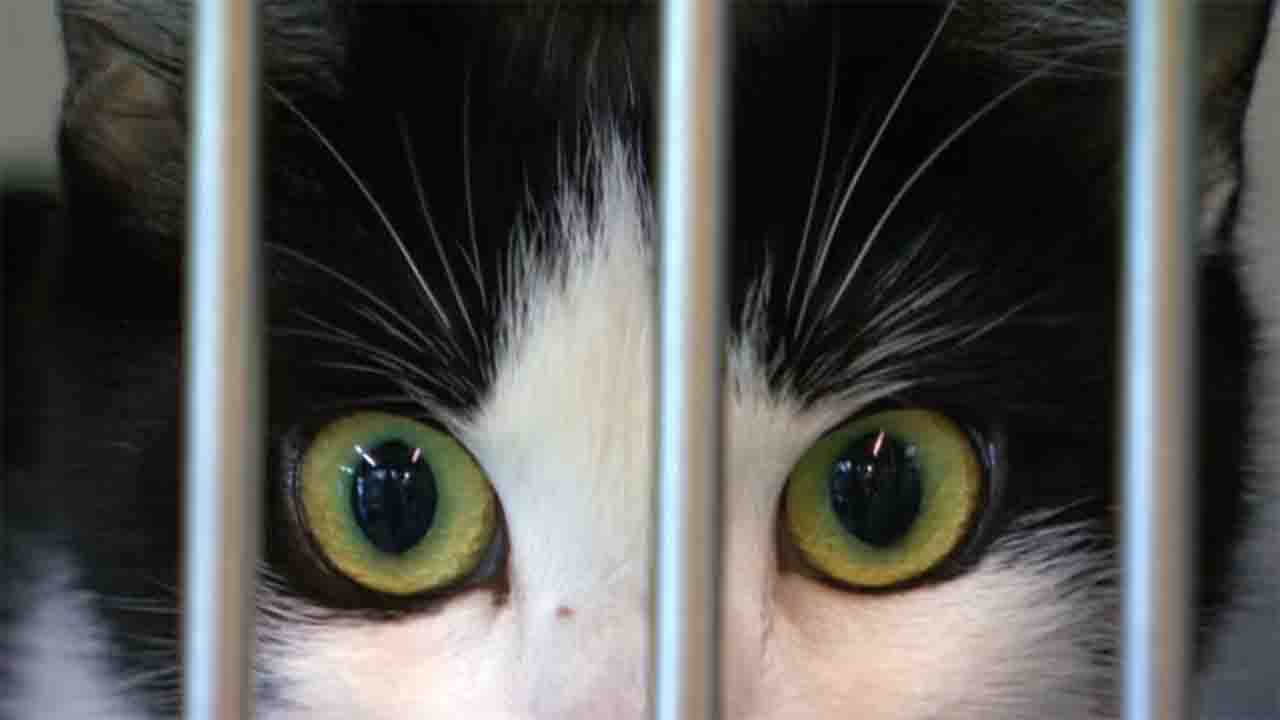Commonwealth _Canada _ A groundbreaking study has shed light on a new method to increase the adoption potential of rescued cats. Researchers have discovered that administering anti-anxiety medication to these feline companions significantly improves their chances of finding loving homes. This breakthrough finding holds great promise for shelters and rescue organizations struggling to find suitable placements for cats with traumatic backgrounds.
The study, conducted by a team of animal behaviorists and veterinarians, was inspired by the plight of hoarded cats. These cats, rescued from overcrowded and neglectful environments, often suffer from severe anxiety and exhibit behavioral issues that hinder their adoption prospects. The researchers sought to explore whether medication could alleviate their anxiety and facilitate successful adoptions.
Over the course of the study, the researchers worked closely with a local animal shelter in British Columbia, Canada. They selected a group of hoarded cats and divided them into two cohorts: one receiving anti-anxiety medication and the other a placebo. The cats’ behavior and overall well-being were closely monitored throughout the trial period.
The results were remarkable. The cats receiving the anti-anxiety medication demonstrated significant improvements in their behavior, including reduced aggression, increased socialization, and decreased signs of fear and anxiety. Moreover, these cats showed a higher rate of successful adoptions compared to the placebo group. Potential adopters were more inclined to choose cats that exhibited calmer and more sociable behavior.
Dr. Emily Collins, the lead researcher, emphasized the importance of the study’s findings. “We now have concrete evidence that anti-anxiety medication can be a valuable tool in rehabilitating hoarded cats and preparing them for adoption,” she stated. “By addressing their anxiety, we are giving these cats a second chance at a happy and fulfilling life.”
The study’s results have already garnered attention from animal welfare organizations and shelters worldwide. Many are considering implementing similar protocols to enhance the adoption potential of cats in their care. This research represents a significant step forward in the field of feline behavior and welfare, offering hope for countless rescued cats awaiting their forever homes.











